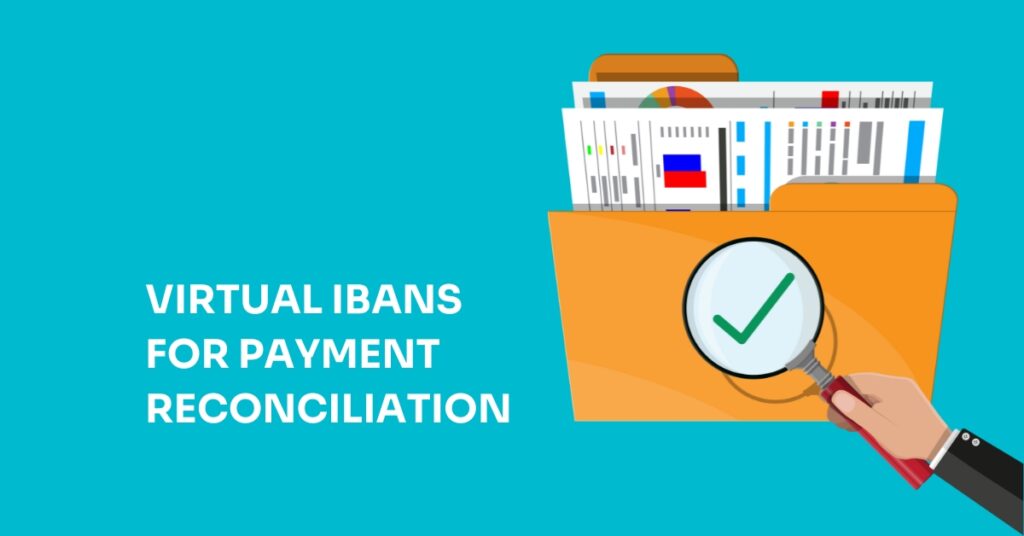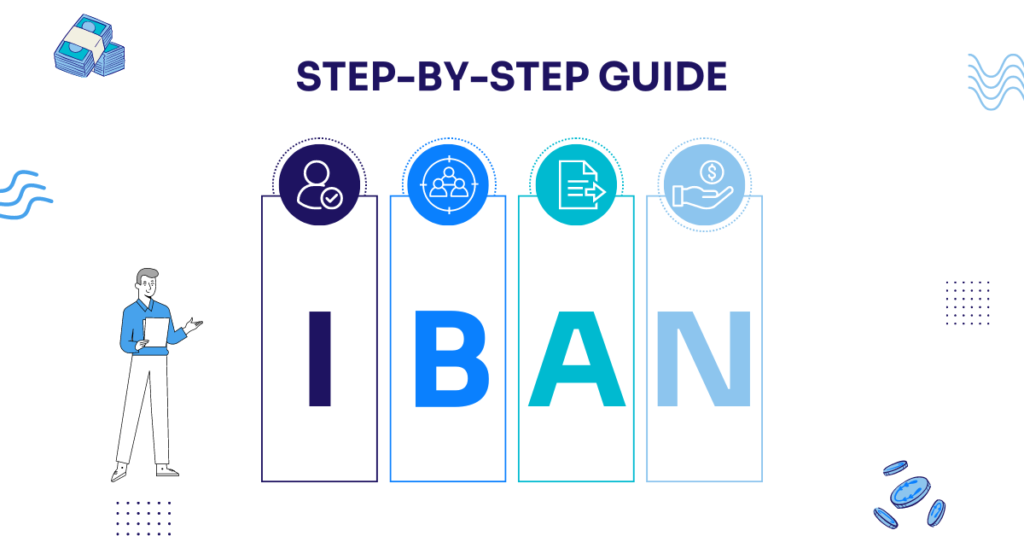Payment reconciliation is the process of matching the transactions recorded in a company’s accounting system with the transactions recorded in their bank statement to ensure that they are accurate and complete. It is essential for businesses to reconcile their payments to identify any discrepancies or errors that may have occurred during the payment process, such as incorrect invoicing, bank errors, or fraudulent transactions. Payment reconciliation is crucial for businesses to maintain their financial health, monitor cash flow, and make informed business decisions.
Payment reconciliation is an essential process that businesses must undertake to ensure the accuracy and completeness of their financial records. It involves matching the transactions recorded in a company’s accounting system with the transactions recorded in their bank statement to identify discrepancies and resolve any issues. However, payment reconciliation is a tedious and time-consuming process that can be prone to errors, especially for businesses that handle a high volume of transactions. This is where virtual IBANs (International Bank Account Numbers) come in to automate the process and improve efficiency.
Payment Reconciliation Challenges
Businesses that rely on customer payments face numerous challenges in payment reconciliation. They typically have a single master account for all incoming customer payments, and each payment must include specific reference information to differentiate it from other incoming payments.
When the reference information is correct, the company’s back-end system will automatically allocate the funds to the respective client account. But if the reference information is incorrect, the operations team will have to manually assign the payment to the user, leading to delayed payment processing and frustrated customers.
Virtual IBANs For Automation
One of the significant advantages of virtual IBANs is that they can automate payment reconciliation. Since each virtual IBAN is unique to a specific customer, it is easier to match the payment recorded in the accounting system with the payment recorded in the bank statement. This makes it possible to reconcile payments automatically, reducing the risk of errors and saving time for businesses.
Virtual IBANs are unique account numbers that are assigned to businesses by a payment service provider. Unlike traditional IBANs, virtual IBANs are not associated with a specific bank account but are used to manage incoming and outgoing payments. vIBANs can be used to receive payments from customers, pay suppliers, and manage cash flow.
Virtual IBANs also offer businesses a higher level of control over their payments. Since each virtual IBAN is unique to a specific customer, businesses can track and monitor payments more effectively. They can also set up rules and parameters for each virtual IBAN to ensure that payments are processed accurately and efficiently.
Virtual IBANs can automate payment reconciliation and provide a better payment experience for customers. With virtual IBANs, every user gets distinct payment information associated with them. When a user makes a bank transfer to your company, the payment is routed directly to their virtual IBAN, and the payment is automatically allocated to the respective client account. This eliminates the need for additional reference information and reduces the likelihood of errors in payment reconciliation.
Benefits of Virtual IBANs for High-risk Industries
High-risk industries, such as Forex businesses, face unique challenges when it comes to payment reconciliation. Forex businesses handle a high volume of transactions, which can make payment reconciliation a tedious and time-consuming process. They also face higher risks of fraudulent transactions, which can be difficult to detect and resolve.
Virtual IBANs can help Forex businesses automate payment reconciliation and improve efficiency. By assigning a unique virtual IBAN to each transaction, Forex businesses can reconcile payments automatically, reducing the risk of errors and saving time. Virtual IBANs can also help Forex businesses detect and prevent fraudulent transactions more effectively. Since each virtual IBAN is unique to a specific customer, it is easier to identify any discrepancies or errors that may have occurred during the payment process.
Real-Life Example: Virtual IBANs for Forex Businesses
A Forex business that handles a high volume of transactions can use virtual IBANs to automate payment reconciliation and improve efficiency. Let’s say the Forex business has 10,000 transactions per month, which would require a significant amount of time and resources to reconcile manually.
By using virtual IBANs, the Forex business can assign a unique virtual IBAN to each customer, making it easier to match the payment recorded in the accounting system with the payment recorded in the bank statement. This makes it possible to reconcile payments automatically, reducing the risk of errors and saving time for the business.
Virtual IBANs also offer the Forex business a higher level of control over their payments. They can set up rules and parameters for each virtual IBAN to ensure that payments are processed accurately and efficiently. This can help the Forex business detect and prevent fraudulent transactions more effectively, reducing the risk of financial losses.
Removing Payout Pains
For payouts, virtual IBANs also provide unique payment information that helps identify failed payments and allocate them quickly to the right customer.
Businesses in financial services industries, like remittance, are particularly susceptible to payouts. Failed payments can occur due to various reasons such as mismatched reference information, sender details, or ID data. These failed payments can cause significant pain points for businesses, as the funds are sent back to the original account, requiring significant manual detective work to determine the customer and allocate the funds back to them. This process is time-consuming and can involve multiple conversations with beneficiary banks and laborious reconciliation work in CSV files. Even when discovering where the failed payment has probably come from, there’s still a lot of guesswork involved.
Apart from the burden on the business, failed payouts also result in a poor customer experience. Customers are left without their funds during investigations, leading to frustration and a lack of trust in the service. Additionally, there is always a risk of human error, which can result in funds being sent to the wrong user, creating another set of problems for the business teams.
To overcome these challenges, businesses need to invest in robust payout systems that can detect and mitigate the risk of failed payments, streamline reconciliation processes, and improve the overall customer experience.
Virtual IBANs are one great solution to payouts. vIBANs allow businesses to create unique account numbers for each of their clients, which can be used to receive and send payments. This means that businesses can avoid using their primary account for every transaction, reducing the risk of failed payments and ensuring that funds are always directed to the correct account.
Conclusion
Payment reconciliation is a common challenge faced by many businesses that accept customer payments. Whether you are a forex service, an investment platform, or an online marketplace, you need to reconcile payments that come in from customers to their respective accounts. The standard approach to reconciliation can be time-consuming, laborious, and prone to errors. However, with virtual IBANs, payment reconciliation can be automated, efficient, and reliable.
Virtual IBANs offer a solution to these challenges by automating the payment reconciliation process and providing a better payment experience. By assigning unique virtual IBANs to each customer, businesses can reconcile payments automatically, reduce the risk of errors, and improve efficiency.
Additionally, virtual IBANs offer businesses a higher level of control over their payments, making it easier to detect and prevent fraudulent transactions. Businesses in high-risk financial services industries, such as Forex or remittance, can particularly benefit from virtual IBANs as they help to overcome challenges in payouts.
Overall, virtual IBANs provide businesses with a robust solution to simplify and streamline the payment reconciliation process, removing payout pains and improving the customer experience. By adopting virtual IBANs, businesses can streamline their payment processing and focus on scaling their operations.






